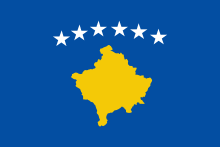
Visa and entry requirements Kosovo:
Passport not required
No visa is required
Information from the Foreign Office about your trip to Kosovo:
http://www.auswaertiges-amt.de/DE/Laenderinformationen/00-SiHi/KosovoSicherheit.html?nn=332636?nnm=332636
In August 2012, during my big tour of the Balkans, I also visited Europe's youngest member, the Republic of Kosovo. I set off in a minibus in the morning from Albania's capital Tirana. The journey took about 6 hours and only cost a reasonable 15 euros.
Immediately after crossing the border you could clearly see the traces of the Kosovo war, many ruins, bombed-out houses or perforated house walls.
Kosovo is a republic in southeastern Europe with almost two million inhabitants and was part of the Federal Republic of Yugoslavia until 1992. The country's recent history was strongly influenced by the Kosovo War in 1999 and its status under international law has been controversial ever since. Because only 112 of a total of 193 members have internationally recognized the small Balkan republic, Kosovo is not one of the UN states.
Kosovo is located in the center of the Balkan Peninsula and borders Albania in the southwest, Montenegro in the northwest, Serbia in the north and east, and North Macedonia in the southeast.
On average, the country's population is the youngest on the European continent, with over half being younger than 25. Kosovo is now predominantly inhabited by Albanians, with over 80% of all residents coming from the neighboring country to the west. The two official languages of the young state are Albanian and Serbian, and the euro is used as a means of payment.
Most residents of Kosovo profess the Muslim faith; the Islamic community has a high tradition and has almost 700 mosques in the country. Other faiths practiced in the country include Serbian Orthodox and Roman Catholic.
The capital and largest city in the country is Pristina with around 220,000 inhabitants. Other important cities are Prizren, Mitrovica, Ferizaj, Gjakova, Gjilan, Peja and Podujeva.
Mining and agriculture are the main activities in Kosovo. Lead, zinc, coal and ore are mined, among other things, while grain, sunflowers and rapeseed are grown in the fields. However, in the country it is over 30%, which sometimes leads to considerable difficulties.
The capital of Pristina, which is mainly inhabited by Albanians, is home to the seat of government, parliament and the official residence of the president.
During the Kosovo War, many of the city's important and historical buildings were destroyed or simply disappeared as part of Pristina's necessary modernization. However, there are some important sights such as the Cathedral of Christ the Savior, Mother Teresa Cathedral, the Grand Hammam, the Llap Mosque, the Carshi Mosque, the Clock Tower, the Grand Mosque and Skanderbeg Square.
The center of Pristina is really very cozy and the “Sheshi Nena Tereza” shopping street with its many restaurants and cafes invites you to linger. In summer the city is particularly pleasant due to its warm climate.
Since the tourism industry in Kosovo is not yet sufficiently developed, it is very rare to meet other foreign visitors in the quiet city center. This means that Pristina is by no means overcrowded and is pretty much unique as a European capital. I really enjoyed my relatively short stay and would like to return again one day.
I wish the still very young Republic of Kosovo all the best for the future.
I then continued my extensive Balkan trip by bus to the North Macedonian capital Skopje.

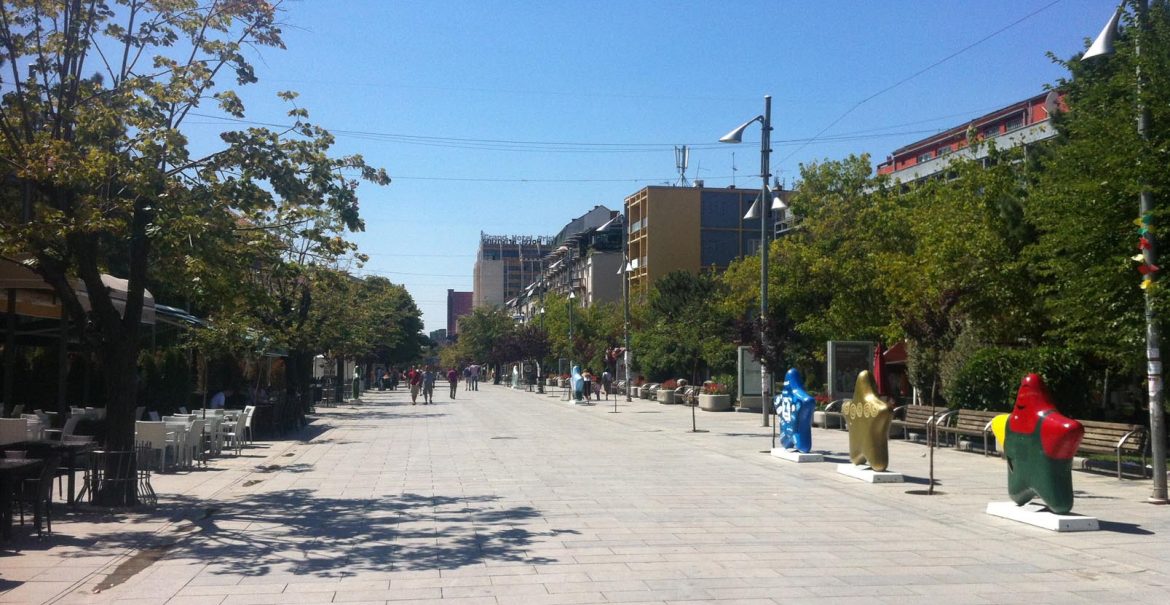
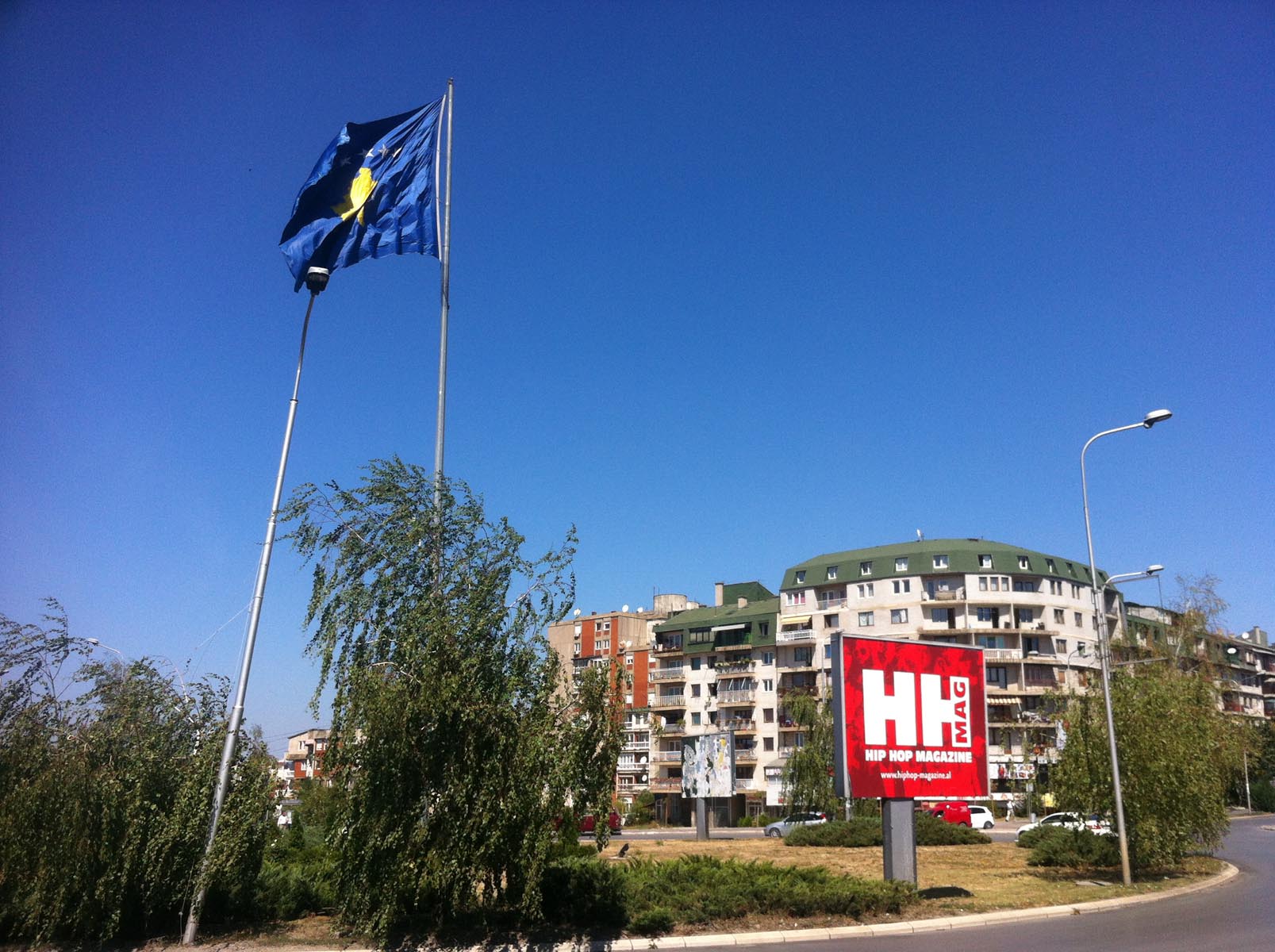
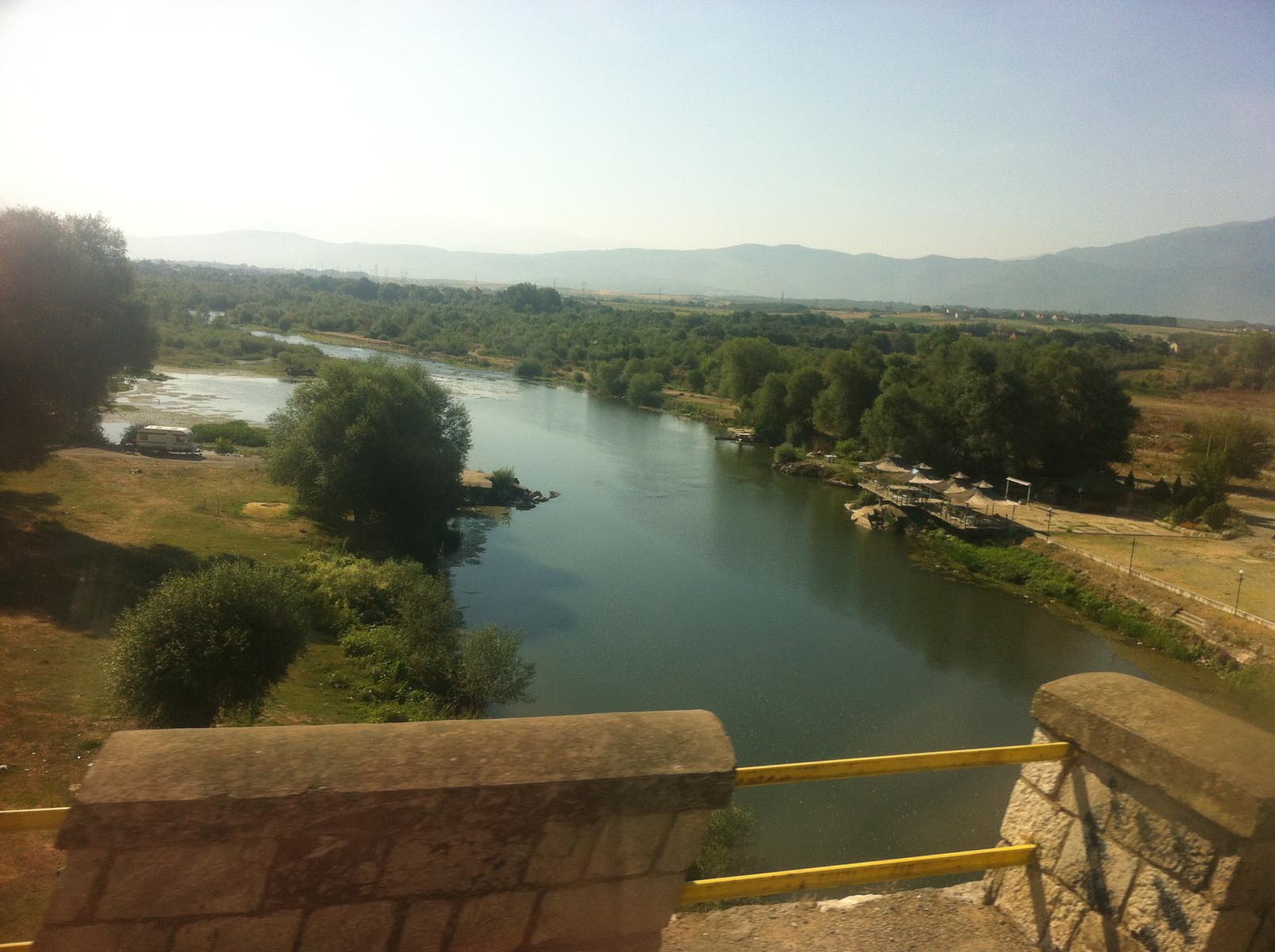
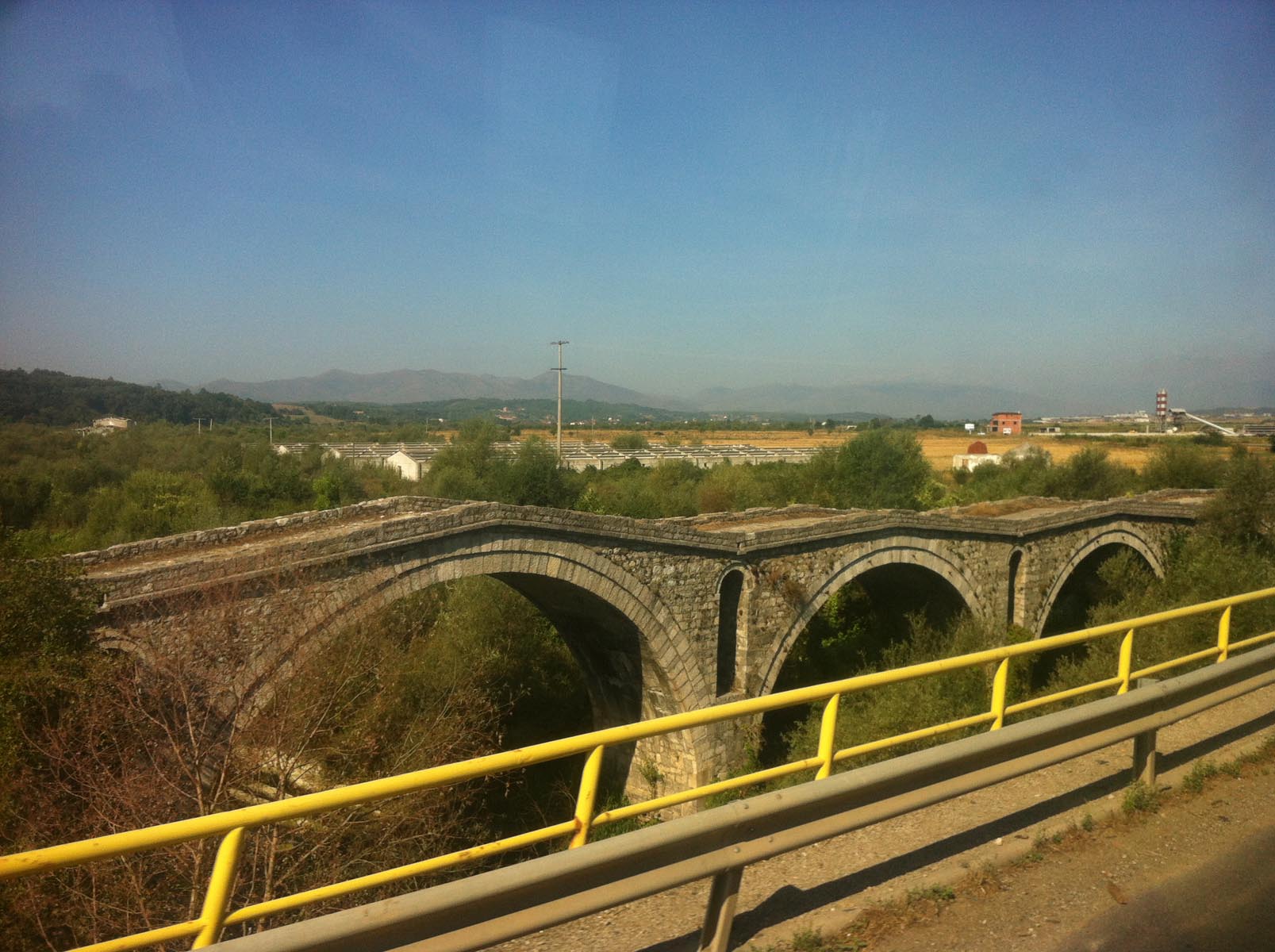
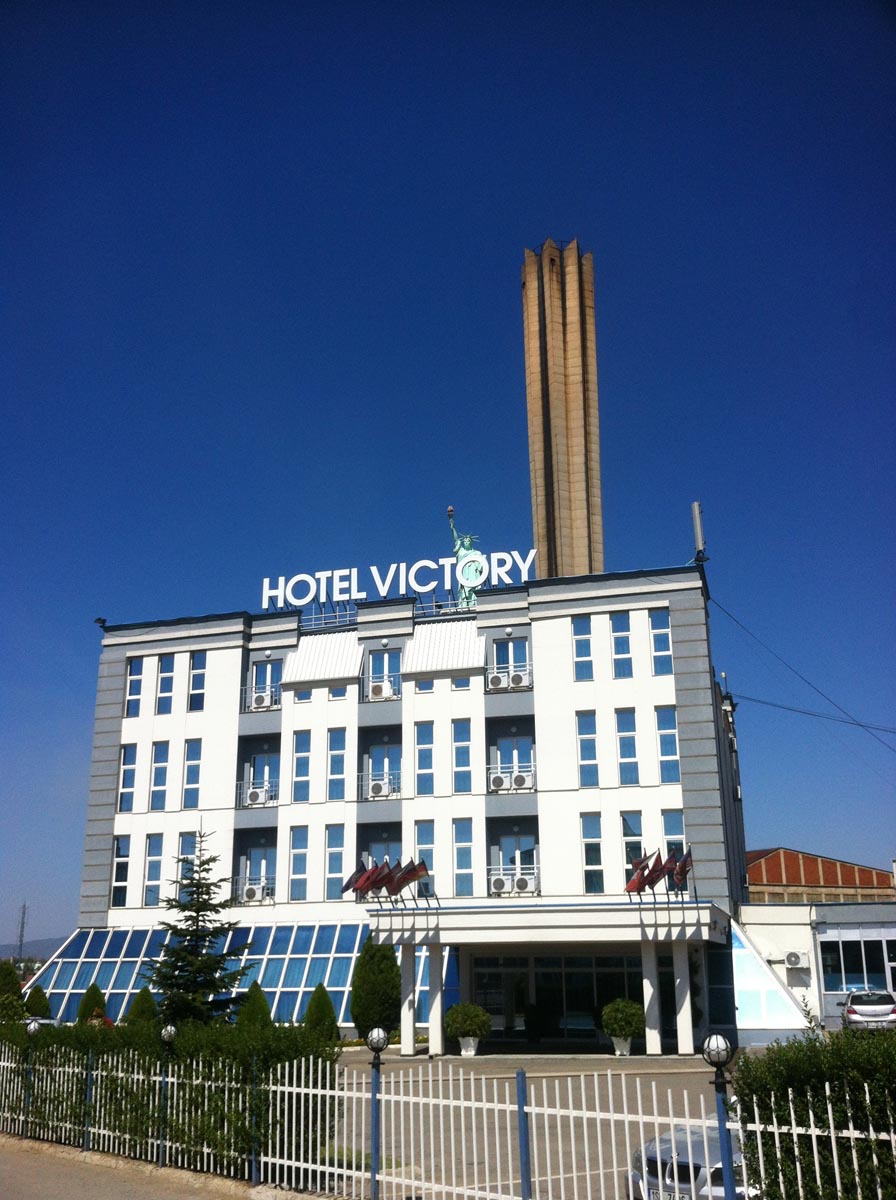
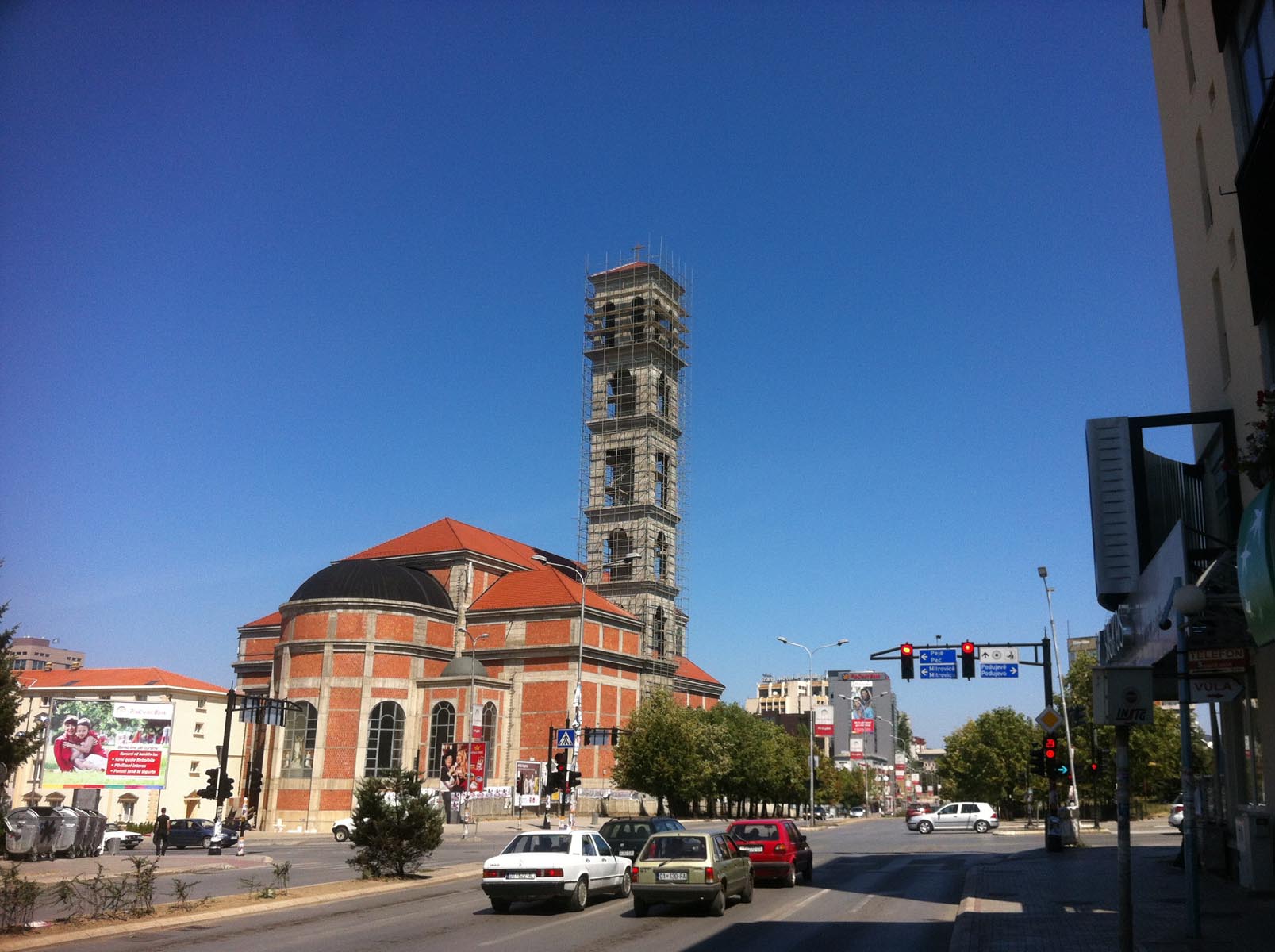
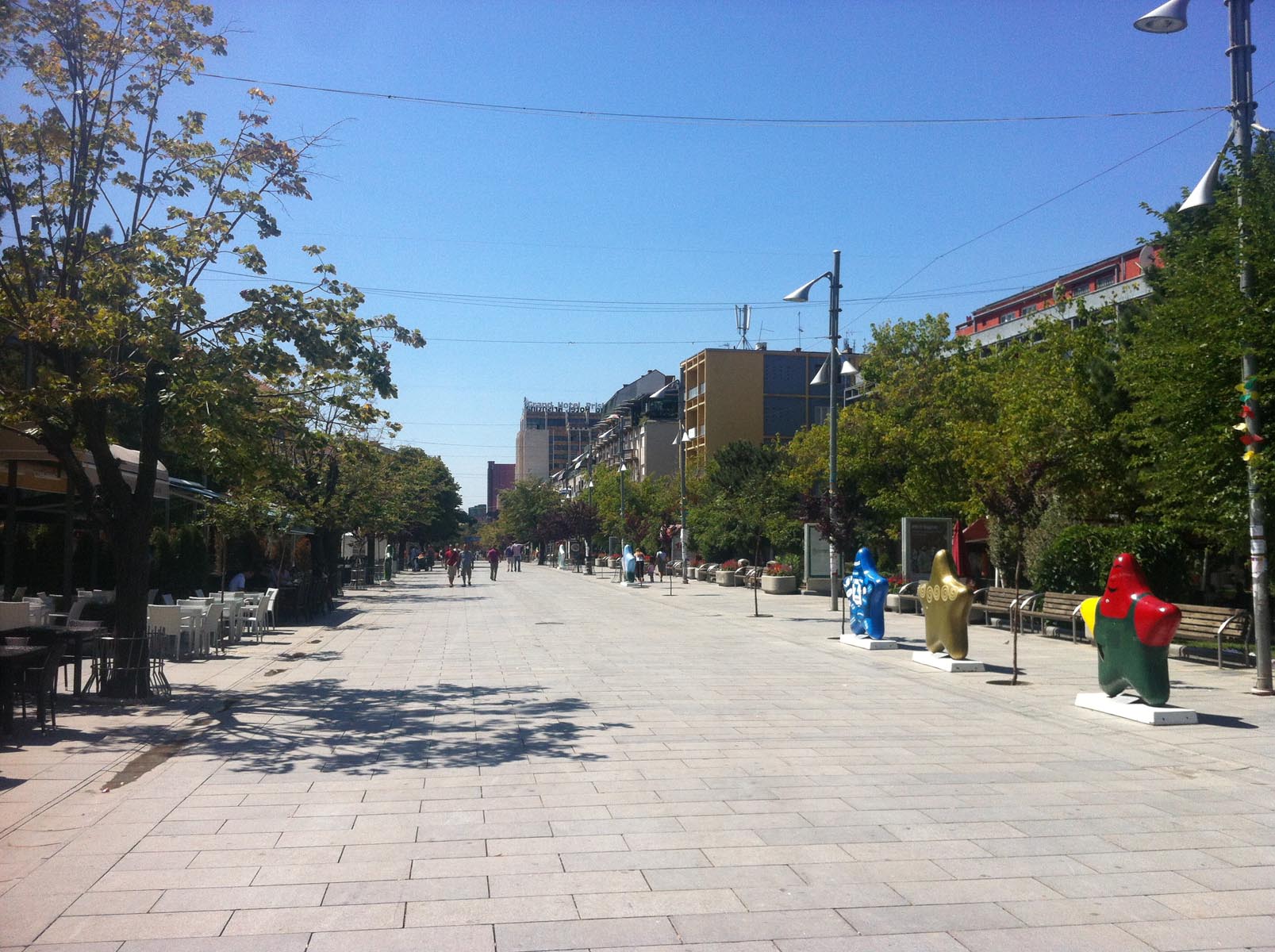
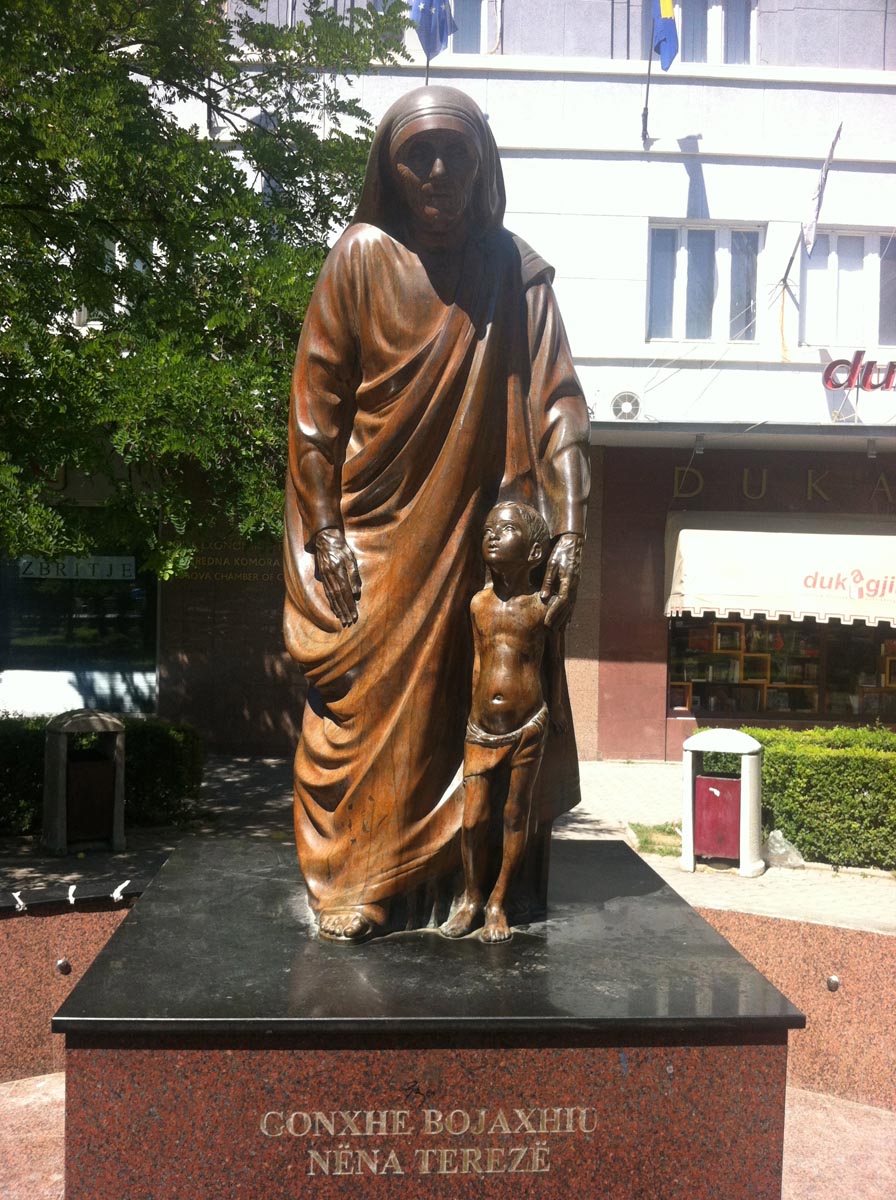
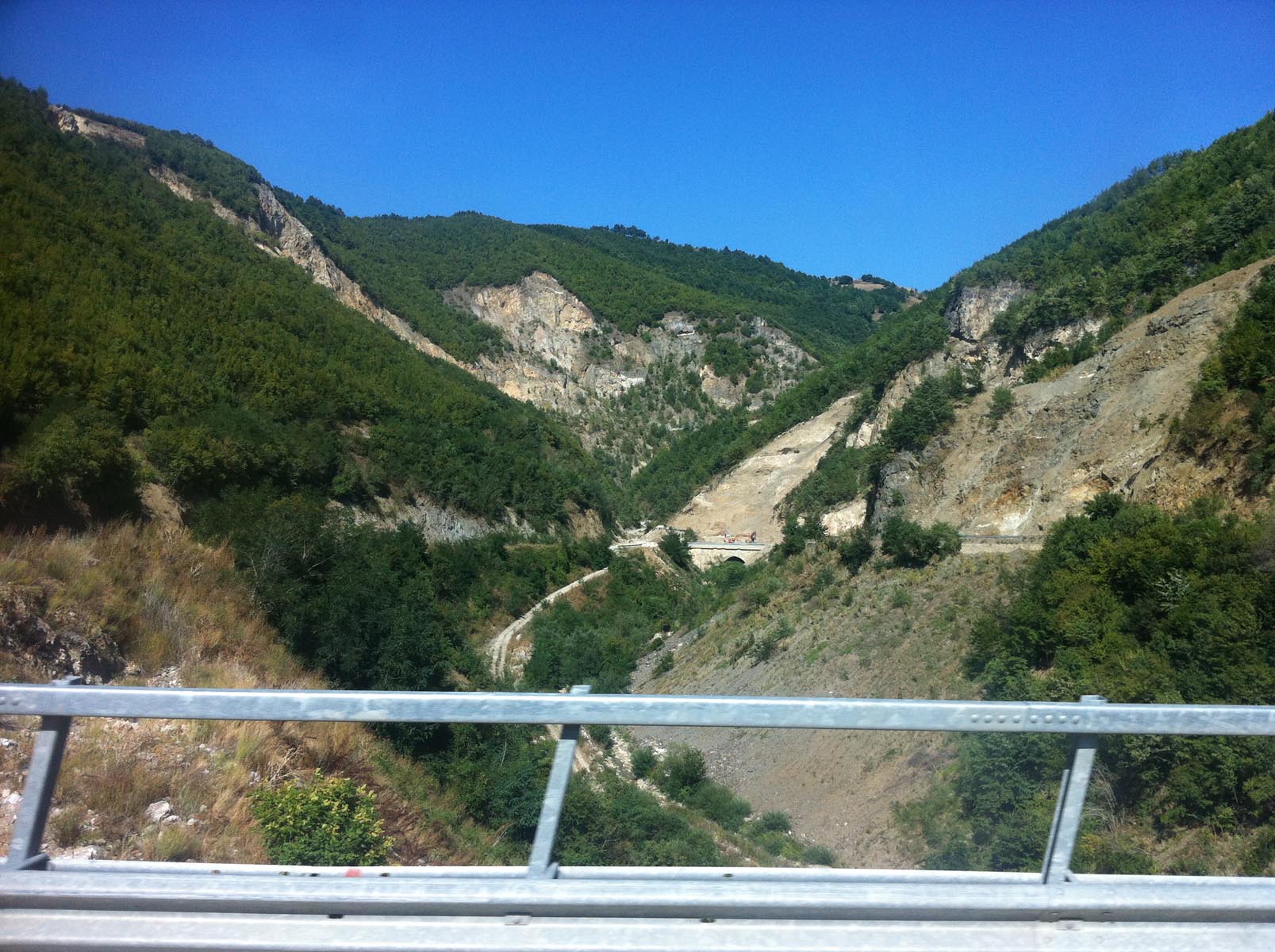
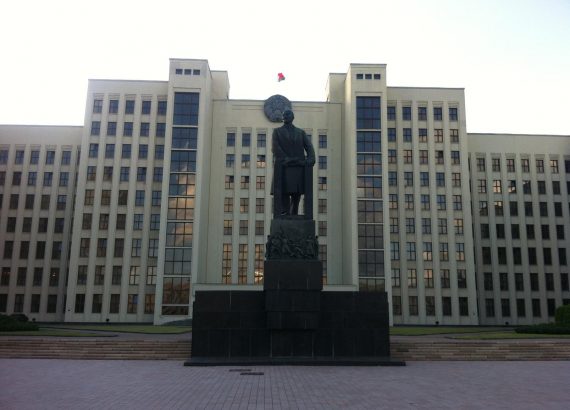
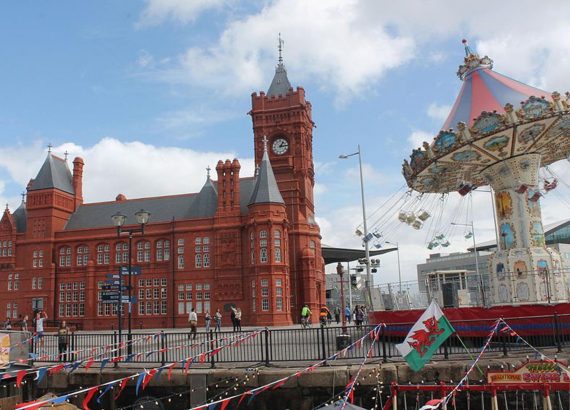
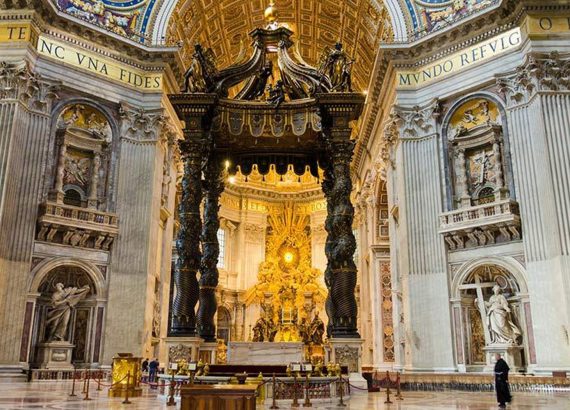
No Comments